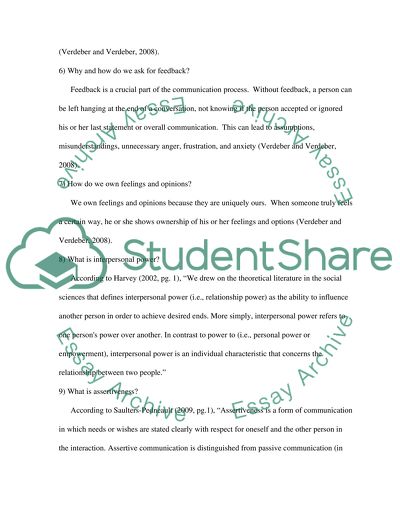How Does Culture Affect Empathy Assignment Example | Topics and Well Written Essays - 250 words. Retrieved from https://studentshare.org/sociology/1500834-human-relations-scholarship-essay
How Does Culture Affect Empathy Assignment Example | Topics and Well Written Essays - 250 Words. https://studentshare.org/sociology/1500834-human-relations-scholarship-essay.


